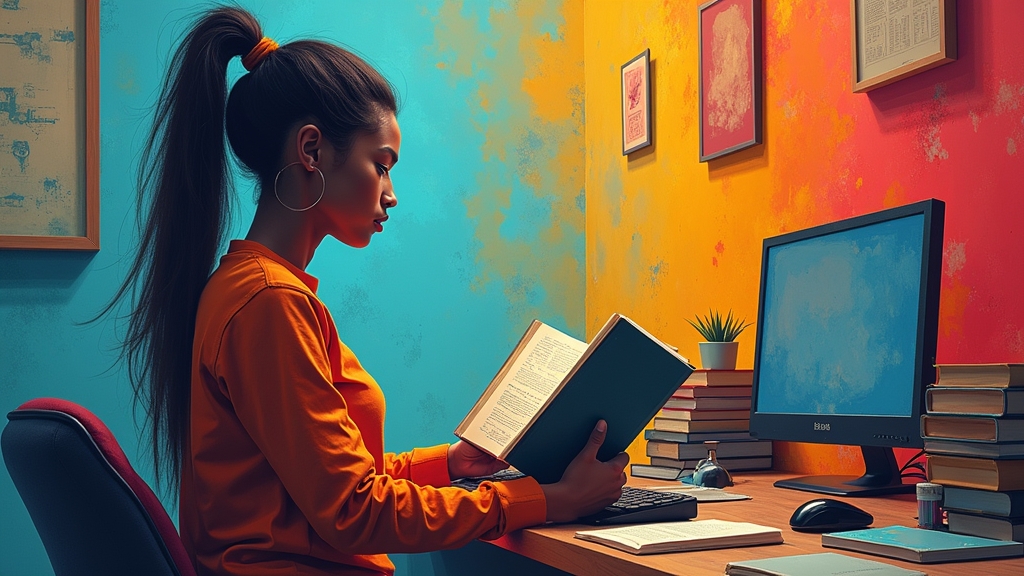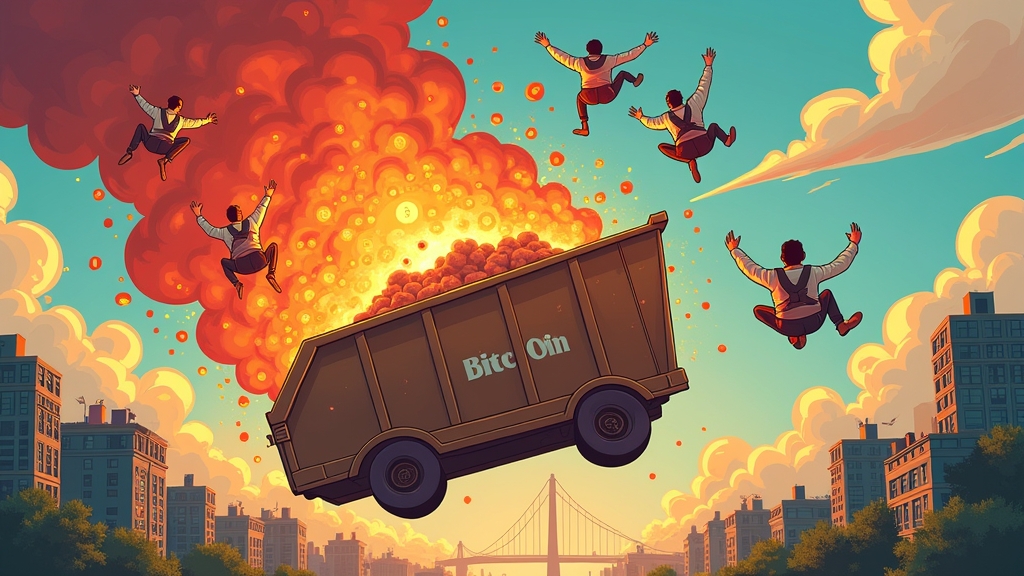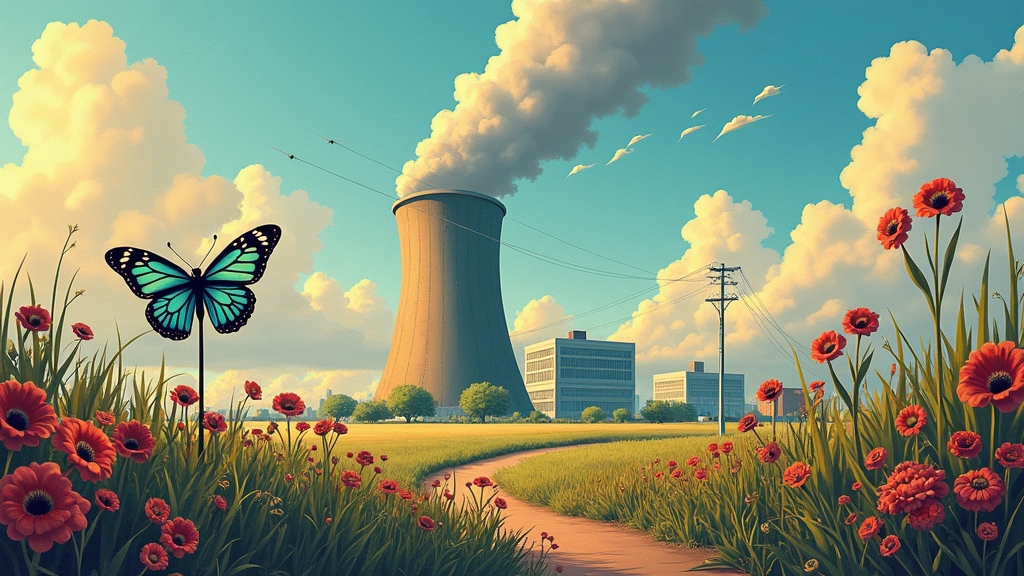AI WRITES ENTIRE NOVEL, AUTHOR TAKES CREDIT, EVERYONE PRETENDS THIS IS NORMAL
Fed up with the tedious task of, you know, actually writing his own book, one author decided to delegate the hard work to artificial intelligence. Because why toil away at literature when a soulless machine can do it while you scroll Twitter?
Author Gareth Rubin, faced with a looming publishing deadline and a growing sense of existential dread, turned to AI for help. “I figured if AI is going to steal all our jobs, it might as well start with mine,” Rubin explained, sipping his fifth coffee of the morning while staring blankly at an empty Word document.
Publishers, of course, are thrilled. “Look, as long as the book has words on pages and someone buys it, we’re good,” said a spokesperson between frantic meetings about AI rights management. In a bold display of innovation, the publishing industry is now considering a prestigious new seal: “100% Human-Suffering Certified,” guaranteeing a novel was written by an actual human experiencing actual despair.
Literary purists have taken up pitchforks, wailing about “the death of art.” “We can’t let machines replace human creativity,” one outraged author declared while ghostwriting a celebrity memoir with copy-pasted Wikipedia facts.
Meanwhile, AI-generated books flood the market featuring flawless grammar, compelling narratives, and—most horrifying of all—plots that actually make sense. Desperate critics search for flaws. “It’s just missing that special human touch… you know, the typos and existential angst.”
But Rubin remains unfazed. “Look, if readers enjoy it, who cares if AI wrote half of it? Or all of it?” he shrugged. “Now if you’ll excuse me, I need to teach this thing how to sign book deals.”





